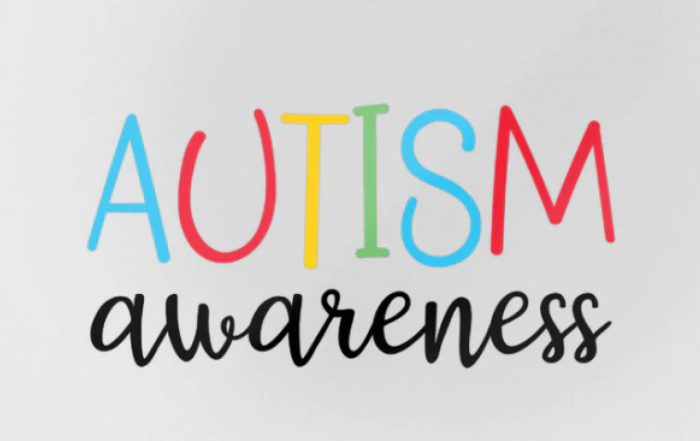As the weather gets warmer and the days get longer, it’s time to plan some summer fun.
Families with sensory-sensitive children may have specific criteria for safe, enjoyable activities, but their options are far from limited. Here are six of our favorite ways to laugh, learn, and explore together this summer.
 1. Plan a sensory-friendly art project.
1. Plan a sensory-friendly art project.
Unlike so many activities, there is no right or wrong way to approach arts and crafts. Whether your sensory-sensitive child is a creative soul or a reluctant artist, art is a fantastic way to encourage open self-expression.
Consider laying down plastic table cloths to create an “art zone” where messes aren’t a concern. If textures are an issue, try to offer a variety of craft supplies that your child will find pleasant to the touch, like fabrics, construction paper, pom poms, and pipe cleaners. Let your child choose how to interact with the materials, and let the creativity flow.
2. Take a yoga break.
Mindful movement is a great way to release pent-up energy without the sensory challenges of team sports.
Yoga has been shown to have multiple benefits for children with autism and other sensory differences. With practice, yoga can relieve anxiety, improve emotional communication, and increase body awareness.
Head online for free resources that can help you make sensory-friendly yoga part of your summer routine.
3. Go for a nature walk.
Completing a hike comes with a wonderful sense of accomplishment. Whether your family loves long walks or shorter ones, spending time in nature is great for the body and mind.
Make your nature walk sensory-friendly by choosing a quiet, familiar trail with lots of opportunities to stop and appreciate your surroundings. Consider visiting at off-peak hours, both to avoid crowds as well as harsh sunlight or high temperatures.
Don’t worry about mileage — it’s about the memories you make, not the ground you cover.
4. Try equine therapy.
Some children who tend to find their peers overwhelming are quick to form powerful bonds with animals.
Equine therapy for autism and sensory-processing disorders uses horseback riding to boost kids’ confidence, calm their anxieties, and improve communication skills. Research shows that the relationships children form with horses contribute to long-term improvements in emotional health. Explore local equine therapy day camps to find programs tailored to your child’s individual needs.
If your child is an animal enthusiast in general, reach out to your local animal rescue. Many shelters have kid-friendly opportunities to help animals in need while building self-esteem.
5. Pack a picnic.
There’s a reason people say that food just tastes better outside. Add a new dimension to lunchtime this summer by taking your meal outdoors – even if it’s in your own back yard.
Plan a sensory-friendly picnic by choosing a shady spot. Lay down a soft blanket to avoid any itchy sensations from the grass, and choose mild foods that you know your child will enjoy.
6. Seek out local sensory-friendly events.
Tap into your local community to stay up-to-date on upcoming events geared towards families with sensory-sensitive children.
Many local amusement parks, movie theaters, and attractions have designated sensory-friendly events that allow all children to join in on the fun by removing aspects of the experience that may be overwhelming.
If you notice sensory-friendly options that are missing in your area, harness the power of your I/DD community and connect with other families who share your goals.






